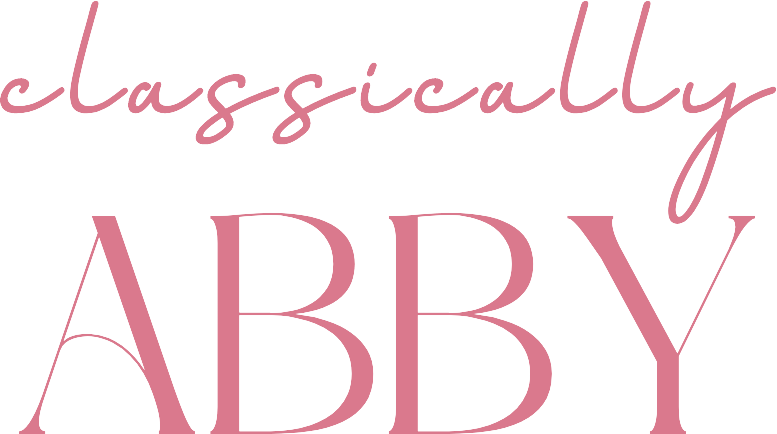O mio babbino caro: But I love him!
Have you heard this aria before?
It's pretty famous at this point. And for good reason! I mean, the music is simply beautiful. But what always cracks me up about this aria is how everyone listens to it and thinks - wow, this must be really meaningful and deep. In reality, this aria is a young woman manipulating her father to get what she wants. Daddy dearest, may I PLEASE marry this boy I'm in love with? Or else I will simply THROW myself in the Arno river!
In the opera, Gianni Schicchi, a man with that name has a daughter named Lauretta. Lauretta is in love with a young man named Rinuccio. As is often the case in opera, they are of different social standings - he comes from a wealthier family, while she does not. When Rinuccio's family tries to throw Schicchi and Lauretta out of the house, Schicchi declares he will have nothing else to do with them. In a panic, Lauretta begs her father, in this aria, to reconsider and help them in their predicament.
Now, Lauretta is 21 and in many ways, she's still young. She's still living with her father, as unmarried women of the time were wont to do, and she is a daddy's girl. She knows how to get what she wants. She's the only child of a widower. So when she sings this aria, she knows exactly what she needs to say to get her father on her side. She knows that saying that all she wants is a ring will make her seem sweet and child-like. She knows that promising to throw herself in the river is a threat that her father would never want to see come to fruition.
Now, does this make her any less in love with Rinuccio? Absolutely not! But it does mean there's a tinge of comedy to the whole endeavor, because she is truly trying to convince her "daddy" to let her marry this young man. And Giacomo Puccini, the composer of this opera, plays into this by pulling on every listener's heartstrings! We all hear this aria and assume that it is entirely honest and heartfelt. The long, sweeping lines, the high notes and the deeper notes - it's all a ploy to make us, as listeners, and Gianni Schicchi, as her father, fall prey to her wants.
All of a sudden, Lauretta is more layered - she's not simply a young ingenue. She's a girl. A real girl. A girl who knows how to manipulate. And that is a lot more fun to watch from the audience, or to act and sing from the stage.
What do you think? Did you know this aria before now? Let me know down in the comments!
